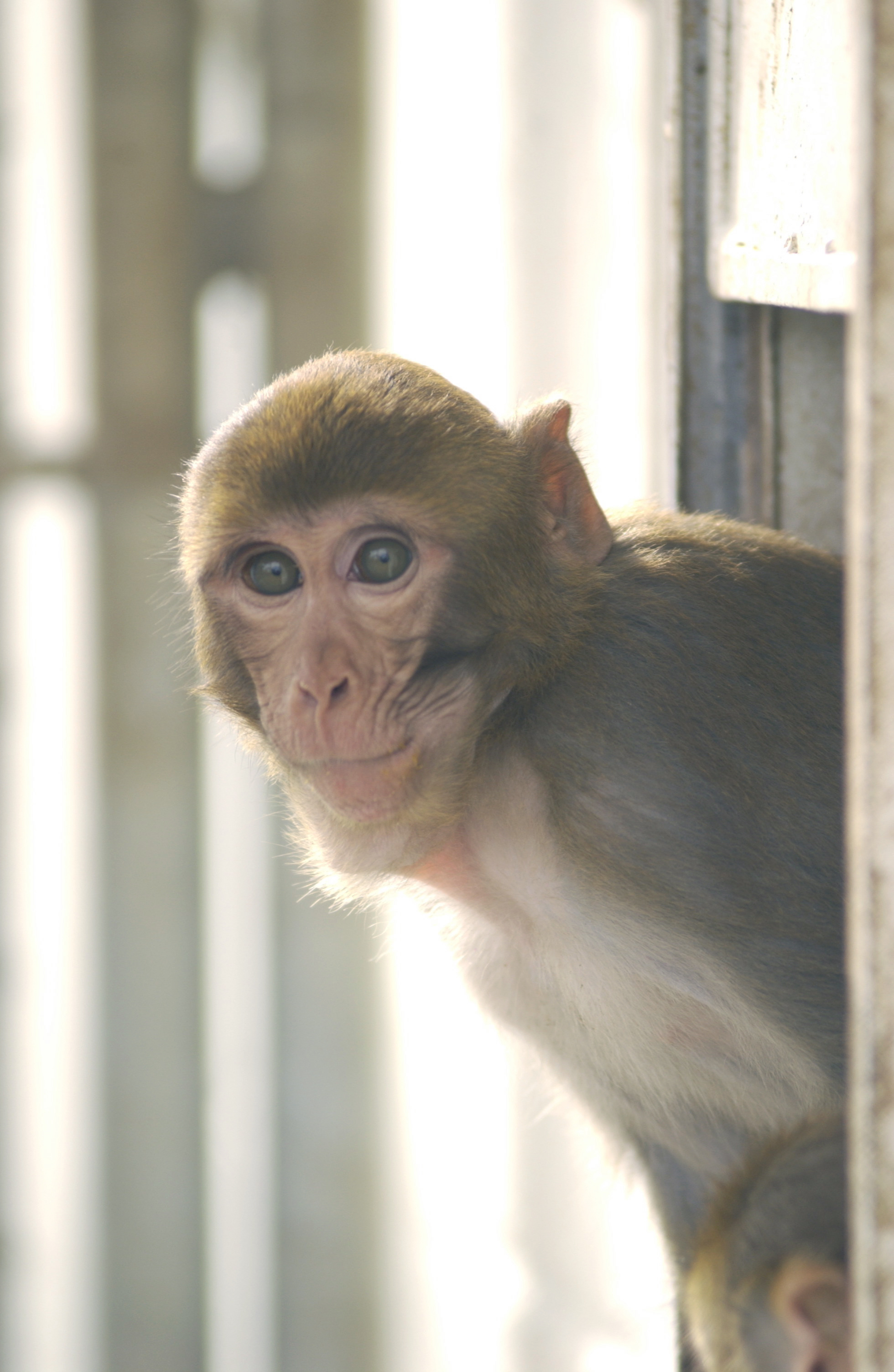NPRC Breeding Colony Management Consortium
Management of nonhuman primate (NHP) breeding colonies is an exceptionally complex task. Even with skilled personnel and prudent management practices, a precise balance between supply and demand is extremely difficult to attain. Active colony management is an implicit element of operating all institutions that maintain NHP breeding colonies. The reality of imprecise matches between demand and availability, and the need to actively manage colonies is an ordinary and necessary part of providing NHP resources to NIH supported investigators. more...
For more information regarding NPRC Breeding Colony Management resources, please contact support@nhprc.org.

NPRC Breeding Colony Management Resources
A Wide-Ranging Resource
In the late 1950s, when workers at the National Institutes of Health (NIH) were outlining plans for what would become the National Primate
Research Centers (NPRCs), there were many options for how they could be operated. Among the questions: would the centers specialize in one particular health area, such as heart disease, or have a broader
mandate? The latter perspective won the day. more...
Genetic Management of Nonhuman Primate (NHP) Breeding Colonies
Most NHP breeding colonies are maintained as outbred colonies. This is in contrast to many research rodent colonies, where inbreeding is used to maintain animal models which are essentially identical to each other. more...
Measles – Disease in NHP and Prevention
Measles is a highly contagious viral disease in nonhuman primates. The infection can range from asymptomatic to rapidly fatal, resulting in significant morbidity and mortality in captive populations. more...
Novel Nursery Rearing Strategies
National Primate Research Centers (NPRCs) maintain the majority of their nonhuman primate breeding colonies in species-typical social groups similar to wild species in their natural habitats. This social environment exposes mother reared infants to early complex interactions with other infants, juveniles and adults leading to normal behavioral and physiological development. more...
Primate colony management: part genes, part environment
When someone thinks of nonhuman primate (NHP) management, genetics might not be the first thing that comes to mind. But perhaps it should be. And unlike animals such as rodents—that are usually maintained as specific genetic strains—NHPs are often bred for diversity. more...
Specific Pathogen Free (SPF)
Specific Pathogen Free (SPF) macaques are valuable, highly utilized, and well-characterized animal models for biomedical research. In 1989, the National Center for Research Resources (now Office of Research Infrastructure Programs ORIP) of the National Institutes of Health initiated experimental research contracts to establish and maintain SPF colonies. more...
Standard growth and diarrhea-associated growth faltering in infant rhesus macaques
Growth charts for captive infant rhesus macaques were unchanged for 30 years while diet, husbandry, and social housing strategies evolved onward. The Oregon National Primate Research Center published updated standard growth charts for infant rhesus macaques raised in outdoor social
housing, and the methods are available to other research breeding centers to make their own standard growth charts. more...
Publications by BCMC Members
See a curated list of articles, published by BCMC members, related to breeding colony management and animal health and welfare. more...
